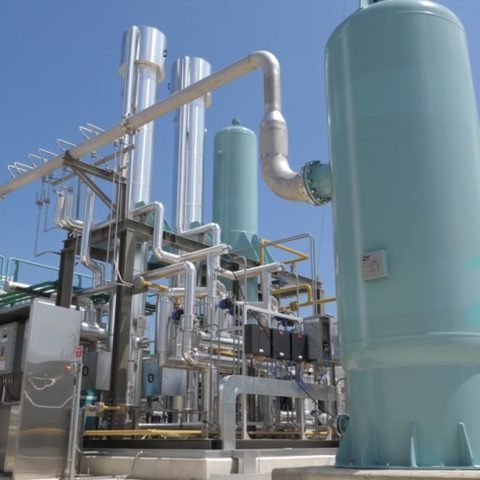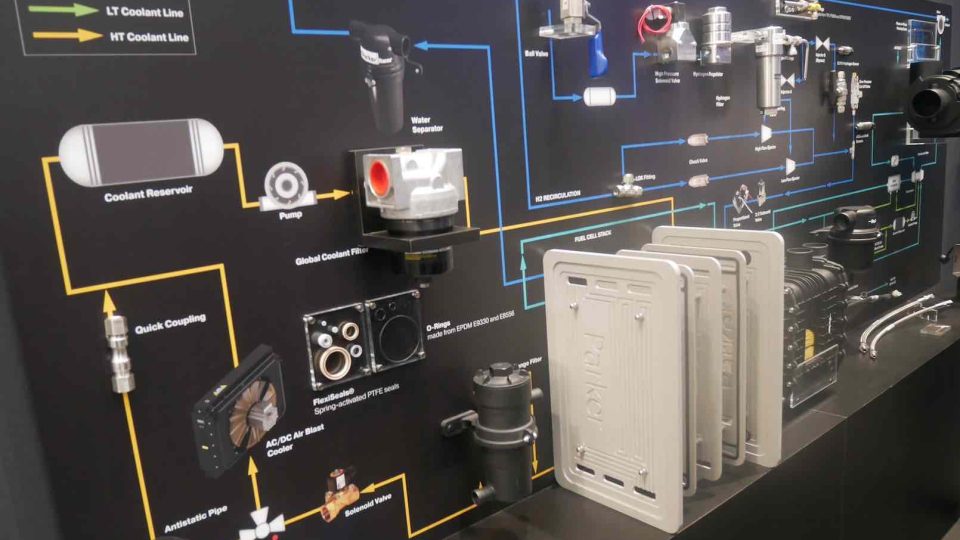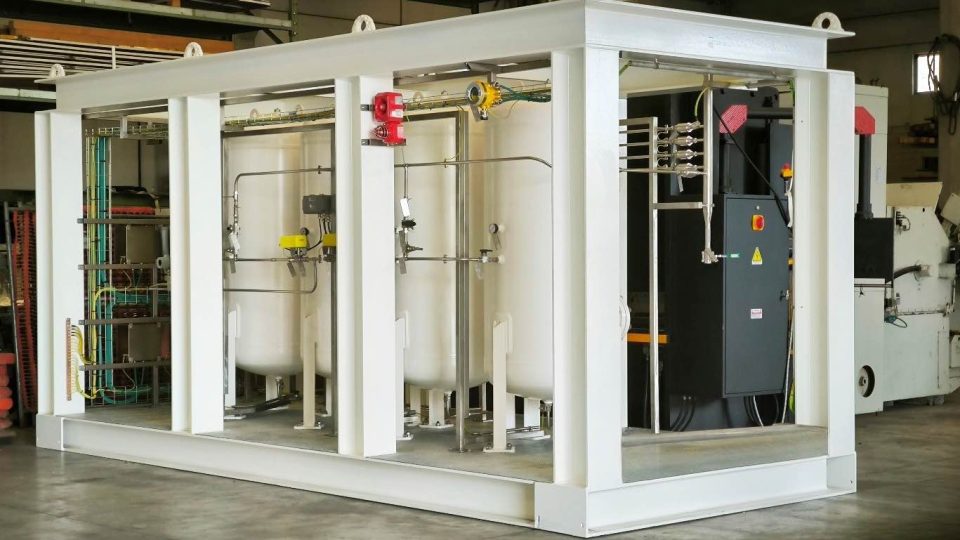TotalEnergies: news from Germany and France
TotalEnergies announces the start-up of the Deutsche Ostsee LNG import terminal for liquefied natural gas (LNG) to which the Company is contributing a floating storage and regasification unit (FSRU) and supplying LNG. And, in France, TotalEnergies has launched the country’s largest anaerobic digestion unit

TotalEnergies announces the start-up of the Deutsche Ostsee LNG import terminal for liquefied natural gas (LNG). Operated by Deutsche ReGas and located in Lubmin on the German Baltic Sea coast, the site’s official inauguration took place last week, attended by German Federal Chancellor Olaf Scholz. This project, to which TotalEnergies is contributing a floating storage and regasification unit (FSRU) and supplying LNG, will make the Company one of Germany’s main LNG suppliers.
In December 2022, TotalEnergies delivered the Neptune – one of the Company’s two floating storage and regasification units) – to Deutsche Regas. The vessel has an annual regasification capacity of 5 billion cubic meters of gas, enough to cover about 5% of German demand.
Following Deutsche Regas’s open season procedure, in October 2022, TotalEnergies also contracted regasification capacity of 2.6 billion cubic meters of gas per year and began to deliver LNG from its global integrated portfolio to the Lubmin terminal.
TotalEnergies commissions BioBéarn, the largest anaerobic digestion unit in France
TotalEnergies has launched its eighteenth biogas production unit in France, which will be the largest in the country with a maximum capacity of 160 gigawatt hours (GWh).
Named BioBéarn and located in Mourenx in the south-west of France, this new unit, fed with organic waste, has begun feeding its first cubic meters of biomethane – a renewable, decarbonized and locally produced gas – into the natural gas transmission network operated by Téréga. It will produce 69 GWh in 2023 and then ramp up progressively to keep pace with the rapidly growing demand for biogas.
The project, which illustrates TotalEnergies’ commitment to promoting the circular economy, will convert 220,000 metric tons of organic waste into 200,000 metric tons per year of digestate, a natural fertilizer, and 160 GWh of biomethane, equivalent to the average annual consumption of 32,000 people. BioBéarn will enable the Lacq basin, a historical gas area, to pursue a local and sustainable growth, this new unit allowing to avoid the emission of 32 000 tons of CO2 per year.









